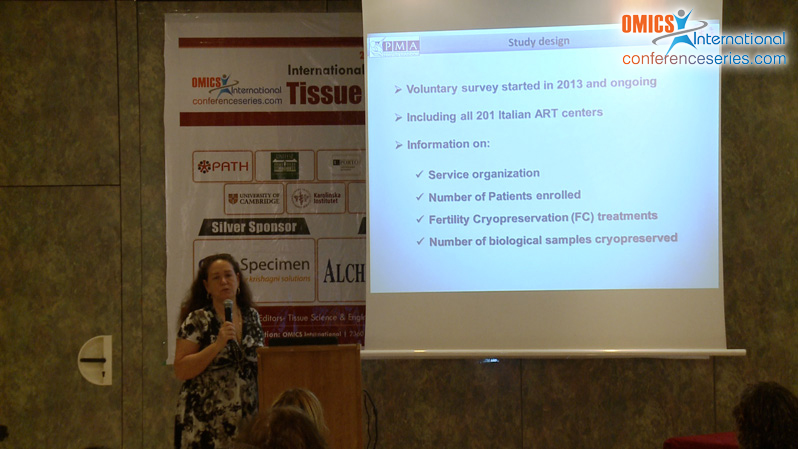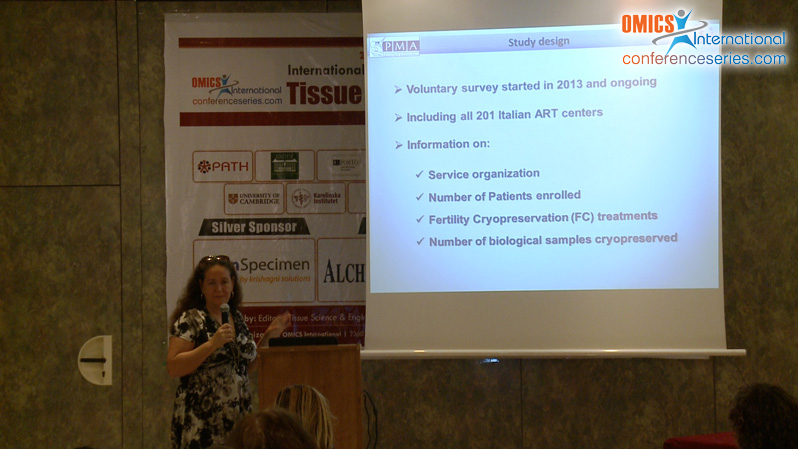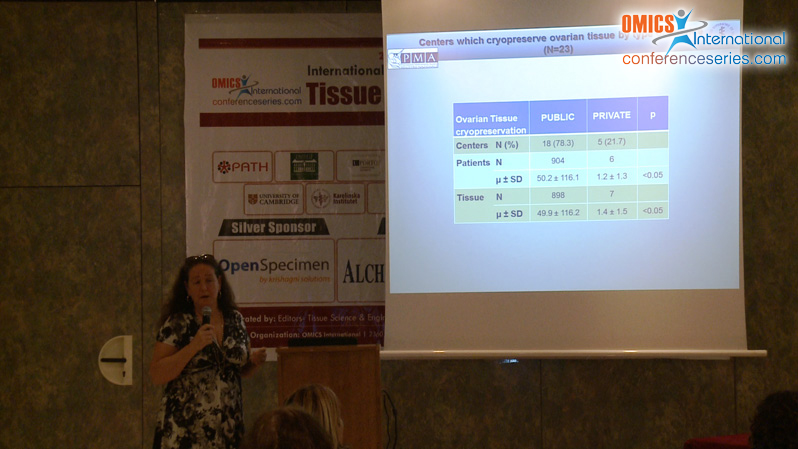
Giulia Scaravelli
National Health Institute, Italy
Title: Fertility Cryopreservation for Cancer Patients among ART Centers, in Italy
Biography
Biography: Giulia Scaravelli
Abstract
To describe accessibility and utilization of fertility cryopreservation a voluntary survey was conducted (started in 2013 and ongoing) including all Italian ART centers. The survey collected information regarding the service organization, the number of patients and the number of biological cryopreserved. Of all ART centers (201), 68 (33.8%) participated and 64 (31.8%) had started FC treatments. Of those, 13 public centers provided an “integrated care” coordinating tumor treatment and reproductive medicine. Specifically, 61 centers (95.3%) cryopreserved semen, 53 (82.8%) oocytes and 23 (35.9%) ovarian tissue. Number and type of service varied depending on their geographical location, namely north (27 centers of which 63.0% were public), central (14, 42.9% public) and south (23, 34.8% public). The number of patients treated in public centers was higher than those in private centers: 1344vs.150 (oocytes); 894vs.10 (ovarian tissue), 9872vs.3433 (semen). Our analysis revealed that the number of ART centers is not equally distributed over the national territory, with north showing a greater number of centers, mostly public, as compared to central and southern areas, where the percentage of private centers was higher. In areas where private centers had a higher density, public centers treated higher number of patients, even though NHS did not cover FC treatments. This suggests that public centers either receive higher number of tumor patients and/or are more efficient in informing patients on FC strategies and with their “integrated care model”. Our goal is to promote education in FC to implement cancer treatments and improve future quality of cancer patients’ life.




